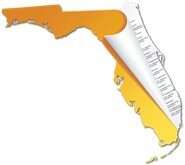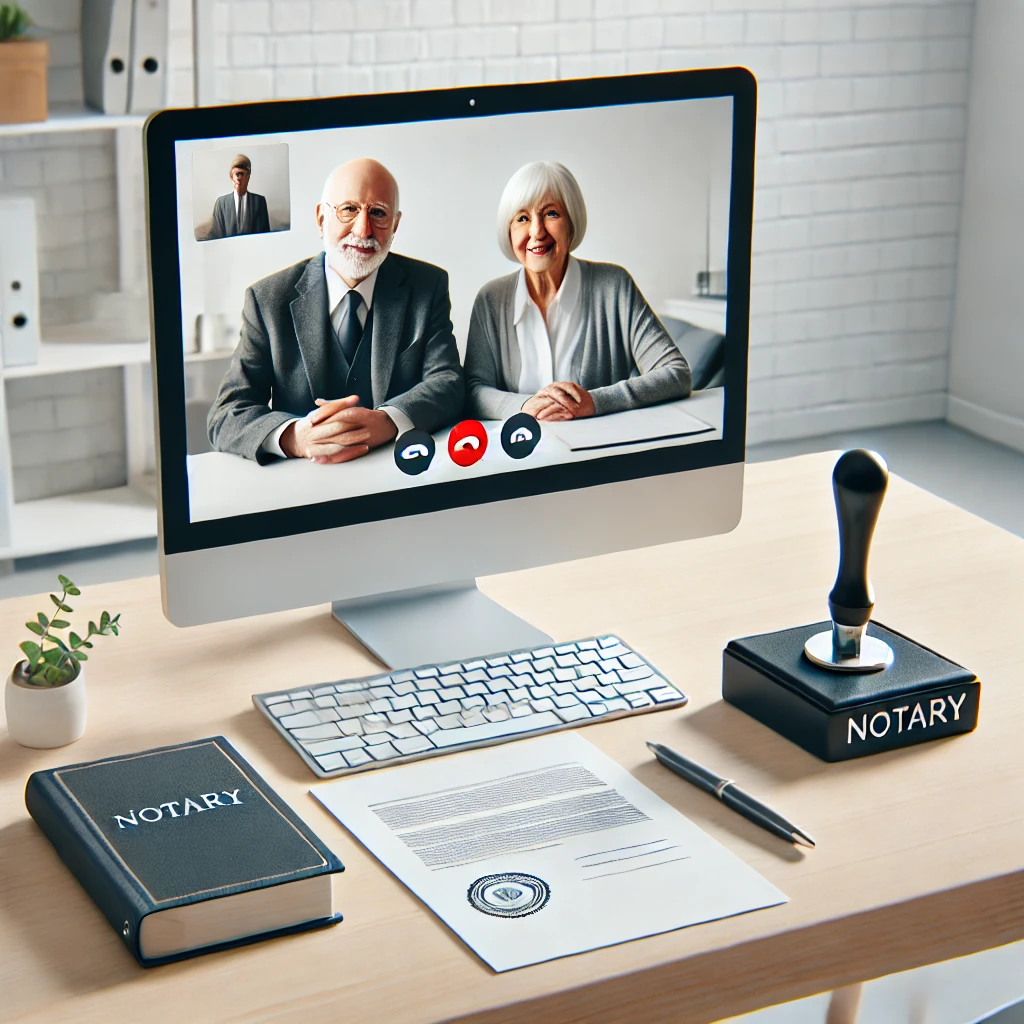The Ethical Challenges and Responsibility of Being an Online Notary: Establishing Capacity and Non-Coercion
Ethics in Online Notarization: A Brief Backstory
Back in 2014, when Florida Document Specialists was just beginning its journey, we realized that becoming notaries public was essential. Most of our clients—whether dealing with adoption, divorce, or other legal documents—needed notarization before filing with the court. Having in-house notaries streamlined the process and allowed us to offer a comprehensive suite of services.
At the time, remote online notarization (RON) wasn’t even on the horizon, and the process seemed fairly straightforward. However, as we quickly learned, the responsibilities of a notary public—especially verifying identity and confirming capacity—are not always as simple as they might appear.
The Dual Responsibilities: Identity and Capacity
Verifying identity is straightforward in theory: examine a valid photo ID and compare the picture to the signer’s face. But confirming capacity—ensuring the signer understands the document and is signing voluntarily—is a different ballgame. This requires both observation and interaction:
Observation
Engage the signer in conversation to assess whether they appear alert, coherent, and capable of understanding the document’s nature.
Interaction
Ask direct questions, such as, “Do you understand what you are signing?” and “Are you signing this document voluntarily?”
While notaries are not legally obligated to conduct a detailed investigation into capacity or coercion, they must refuse to notarize if they have reasonable grounds to believe the signer lacks capacity or is under duress. Unfortunately, such situations are more common than many might think.
Tales from the Field: Capacity and Coercion in Action
The Heartbreaking Will
Our first refusal to notarize involved a last will for an elderly man. His daughter had coordinated everything and assured us he was of sound mind. Upon arrival, we found him in a wheelchair, struggling to breathe and incapable of coherent communication. It was clear that the daughter had attempted to manipulate the situation, either out of desperation or ill intent. We refused to proceed and left with a heavy heart but a clear conscience.
The Power of Attorney Debacle
In another case, a son arranged for his father to sign a durable power of attorney. As we conducted the session, a home health aide discreetly signaled that the father was mentally unfit. The signer’s confused responses and outright admission that he didn’t know what was happening confirmed our suspicions. We declined to notarize the document, protecting both the signer and the integrity of our role.
The “Helpful” Family Member
Often, family members attempt to “help” signers by answering questions for them or “reminding” them of what was discussed. Phrases like, “We talked about this last night, Dad, remember?” are common. While many of these situations stem from desperation rather than malice, they still compromise the signer’s autonomy and the notary’s ability to confirm capacity.
The Unforgettable Divorce Signing
One of the more dramatic situations we encountered involved a couple signing a marital settlement agreement. During the session, the wife noticed that the agreement had been altered by her husband, unbeknownst to her. The discovery led to an intense argument right there on video. While the session ended without notarization, it underscored the importance of fully reading and understanding documents before signing—a lesson everyone should heed.
Enter Remote Online Notarization (RON)
In January 2020, Florida authorized RON, and by March, the COVID-19 pandemic had made it a necessity. Almost overnight, Florida Document Specialists became a leading online notary service, and the first in Florida. While the transition presented technological challenges, it also introduced new complexities in assessing capacity and non-coercion through a screen.
As a result of our efforts, John Bayne, the founder of Florida Document Specialists, was honored as the 2021 Notary of the Year by the National Notary Association (NNA). This recognition validated our commitment to professionalism, ethics, and innovation in the notary field.
Dispelling Myths About Online Notarization
Some skeptics, particularly within the legal community, argued that online notarization would make it harder to detect issues with capacity or coercion. However, our experience has shown otherwise. With thousands of RON sessions under our belt, we’ve found that:
Video and audio interactions provide ample opportunity to assess a signer’s capacity.
Recordings of the session allow for after-the-fact review, offering a level of transparency not available in traditional notarizations.
Common Reasons for Refusing Online Notarizations
Language Barriers
Signers must understand the documents they’re signing. If they’re not fluent in English, we require a certified interpreter or a notary fluent in their language. Attempts to “game the system” by coaching signers in real time are immediately flagged and rejected.
Lack of Capacity
In nearly all cases where capacity is in question, third parties are present. Signers often look to these individuals for guidance or answers, revealing their inability to independently engage with the notary. Such scenarios lead to a swift refusal.
Coercion
Third-party interference—even subtle—is a red flag. If a signer appears pressured or influenced, we will not proceed, no matter how convincing the explanation.
Lessons Learned from RON
As RON became more common, we encountered several unique challenges. For example, while it’s rare, we’ve had situations where signers attempted fraud, such as presenting altered documents or feigning understanding when they clearly didn’t comprehend the content. These instances only reinforce the importance of vigilance and a commitment to ethical practices.
The Role of Desperation in Ethical Dilemmas
Many of the situations we encounter stem not from malicious intent but from desperation. Families often wait too long to have their loved ones sign critical documents, leading to last-minute panic and attempts to cut corners. This desperation can manifest in ways that compromise the signer’s autonomy or the notary’s ability to perform their duties ethically.
Proactive Advice for Families
To avoid these stressful scenarios, we recommend:
Plan Early: Don’t wait until a loved one’s health deteriorates to prepare legal documents.
Consult Professionals: Work with an attorney or document preparation service to ensure everything is in order.
Be Honest: Share accurate information with the notary to avoid unnecessary complications or refusals.
A Note on Professional Ethics
While some notaries may cut corners, we stand firm in our commitment to professionalism and ethics. We’ve had instances where frustrated clients found other notaries willing to bypass essential safeguards. While disappointing, this only reinforces our dedication to doing what’s right.
Final Thoughts: The Role of Ethics in Online Notarization
At Florida Document Specialists, we believe that a trained and ethical online notary is just as capable of assessing capacity and detecting coercion as an in-person notary. In fact, the added transparency of recorded sessions provides an extra layer of protection for all parties involved. Whether in-person or online, our mission remains the same: to uphold the integrity of the notarial act and protect the interests of those we serve.
By adhering to these principles, we’ve not only built trust with our clients but have also helped set the standard for what a professional online notary service should be. And for those who might find themselves in desperate situations—plan ahead, seek professional guidance, and remember that ethical notaries like those at Florida Document Specialists are here to help.

